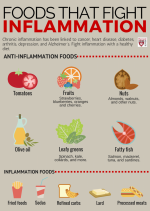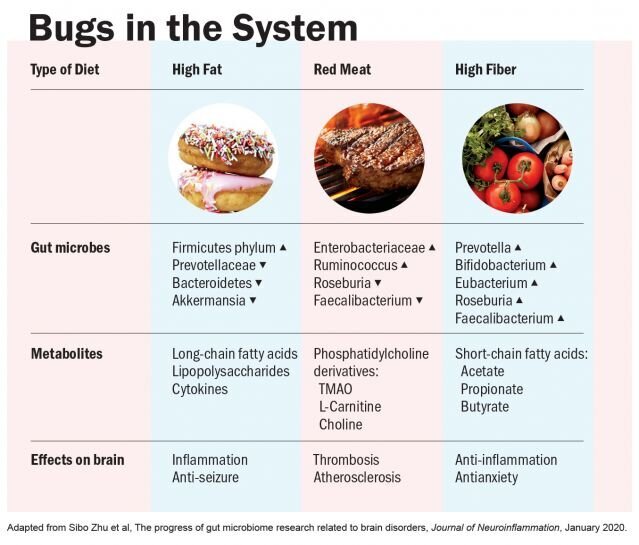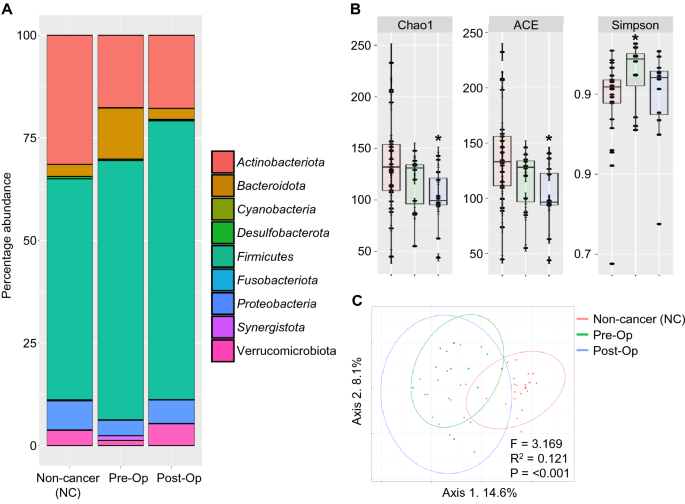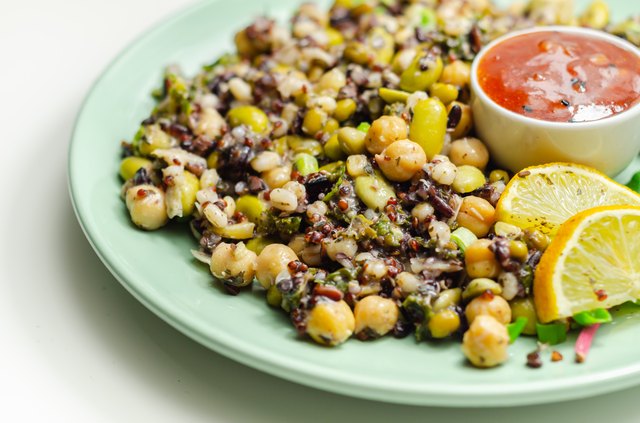David Baxter PhD
Late Founder
Inflammatory foods are linked with higher colon cancer risk
Harvard Medical School
May 2018

Certain foods may trigger inflammation in the body that can increase a person's risk for colon cancer, suggests a study published online Jan. 18, 2018, by JAMA Oncology.
Researchers followed the diets of more than 121,000 people (46,800 of whom were men) for 26 years. Participants recorded what they ate, and their diets were scored based on the amount of foods consumed that are linked to inflammation, such as red and processed meats, sugary beverages, and refined grains.
People whose diets were the most "pro-inflammatory" had a 44% greater risk of developing colon cancer compared with those who had low-inflammation diets, which often included high amounts of dark green leafy vegetables and whole grains. Even after adjusting for other cancer-causing factors, like high body mass index and less physical activity, the risk for developing colon cancer was still significantly elevated among those who had a pro-inflammatory diet.
Harvard Medical School
May 2018

Certain foods may trigger inflammation in the body that can increase a person's risk for colon cancer, suggests a study published online Jan. 18, 2018, by JAMA Oncology.
Researchers followed the diets of more than 121,000 people (46,800 of whom were men) for 26 years. Participants recorded what they ate, and their diets were scored based on the amount of foods consumed that are linked to inflammation, such as red and processed meats, sugary beverages, and refined grains.
People whose diets were the most "pro-inflammatory" had a 44% greater risk of developing colon cancer compared with those who had low-inflammation diets, which often included high amounts of dark green leafy vegetables and whole grains. Even after adjusting for other cancer-causing factors, like high body mass index and less physical activity, the risk for developing colon cancer was still significantly elevated among those who had a pro-inflammatory diet.







